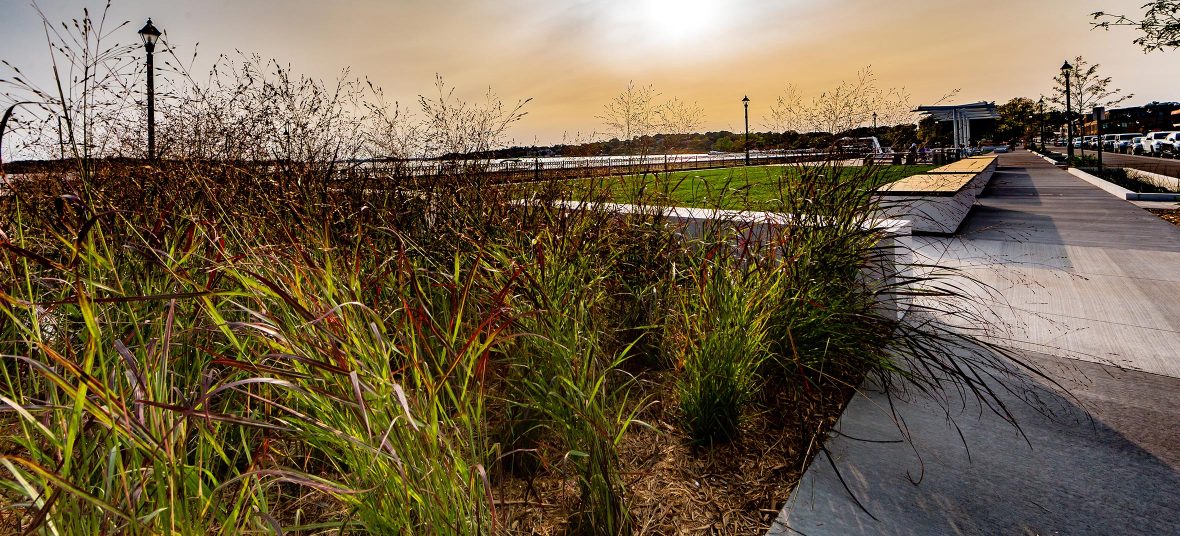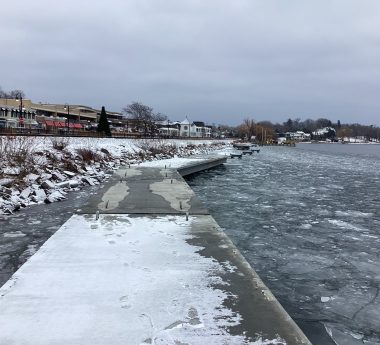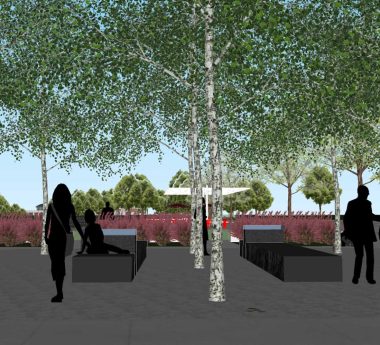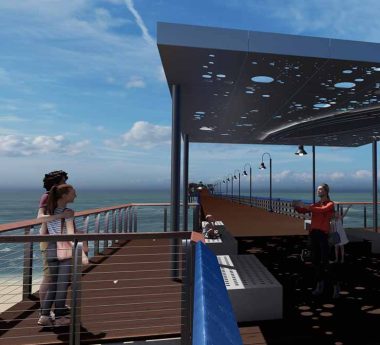Restoring the Lakefront to Revitalize the City
Wayzata Lake Street Plaza and LakewalkWayzata, MN—USA
Lake Minnetonka has been cherished as one of Minnesota’s most important natural resources, and yet the long shoreline between the City of Wayzata and the lake had suffered from years of fractured connections, neglect and misuse.
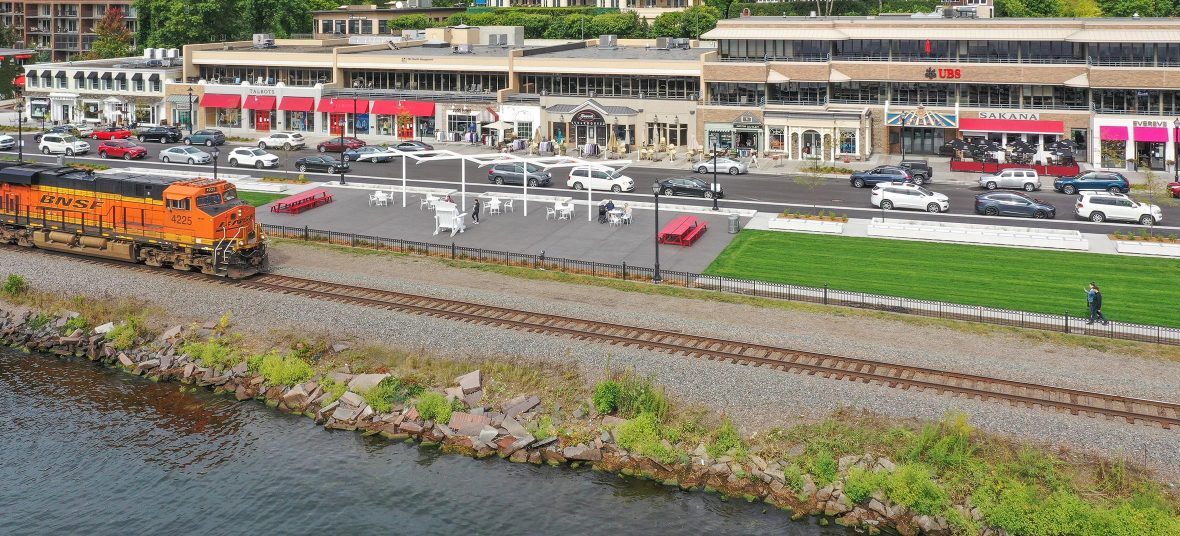
Preserve and Enhance
Known as the Panoway on Wayzata Bay, this waterfront redevelopment has been a priority for City leaders for more than a decade. According to Wayzata Major Ken Wilcox, “the objective has been to both preserve and enhance the city’s prime location on magnificent Lake Minnetonka. When complete, the community will have total access to the beautiful waterfront and to a welcoming new gathering space that will bring people together for years to come.”
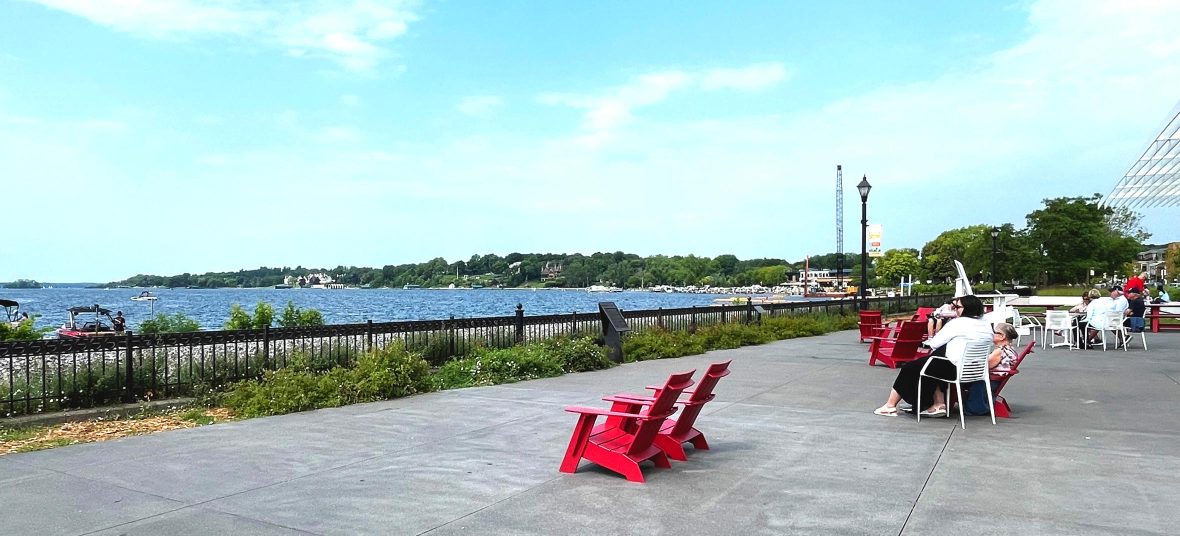
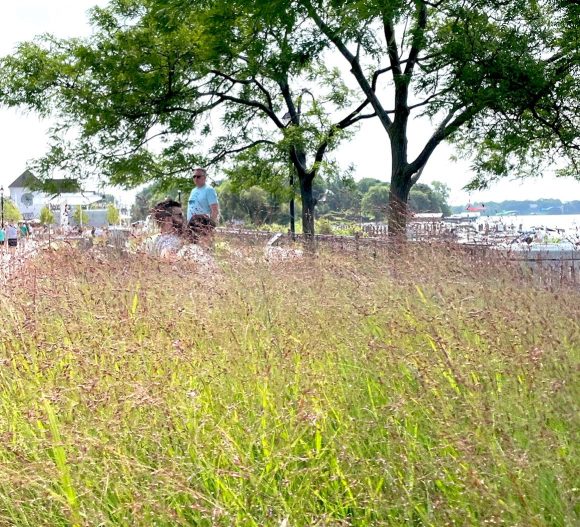
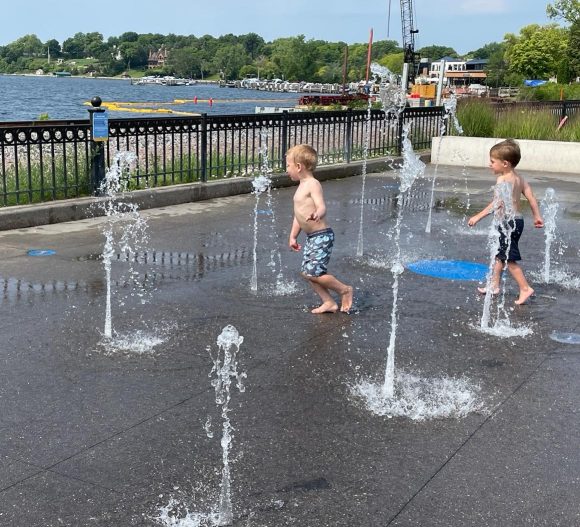
Creating a Framework
The original master plan – developed in 2016 and dubbed the Lake Effect Vision Plan – was the result of many years of community engagement, listening to understand what matters most to the community of Wayzata. It set out to improve the lakefront ecosystem, preserve Wayzata’s history, provide greater public access to Lake Minnetonka and create a framework for long-term lake-based educational opportunities for local schools.
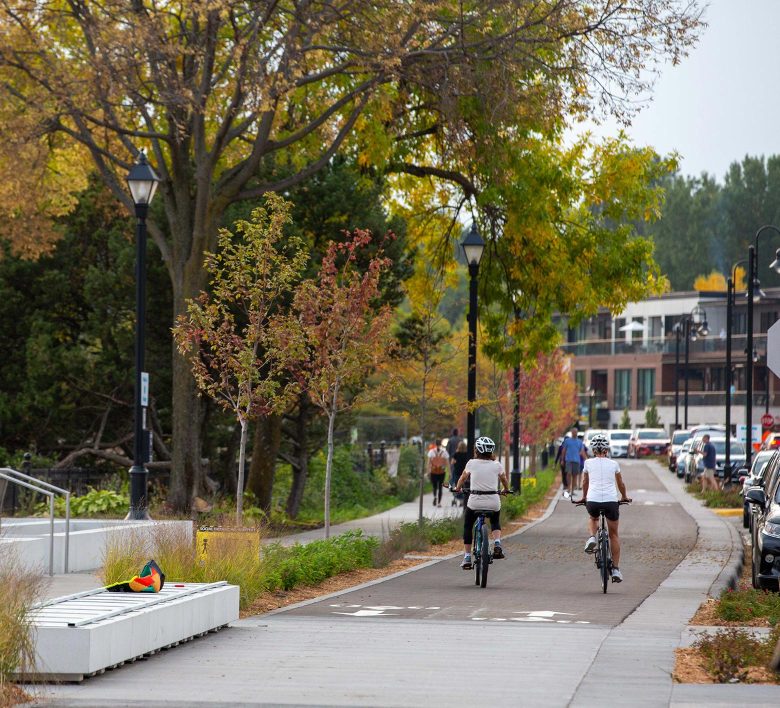
Safety and Accessibility
Phase one, the construction of which was completed in 2020, prioritized safety and accessibility and included the development of the primary park and plaza, as well as critical improvements to roads, sidewalks and city utilities, emphasizing pedestrian spaces and introducing a dedicated bicycle trail.
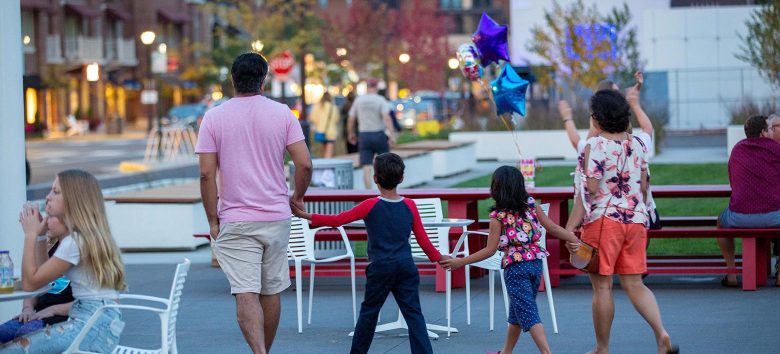
A parking lot was converted into an urban plaza, featuring seating areas, picnic facilities and community hearths, a fountain, two large lawns and a shade pavilion.
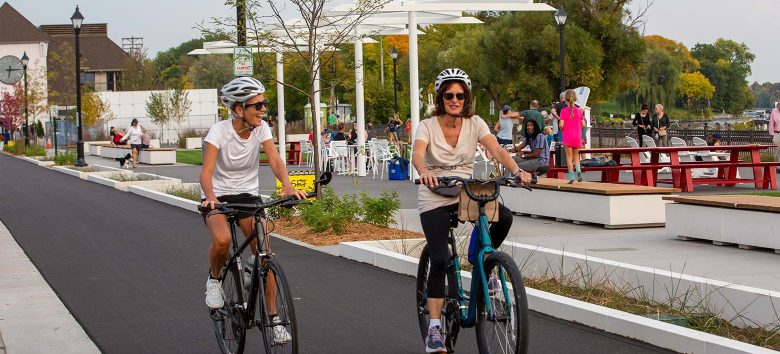
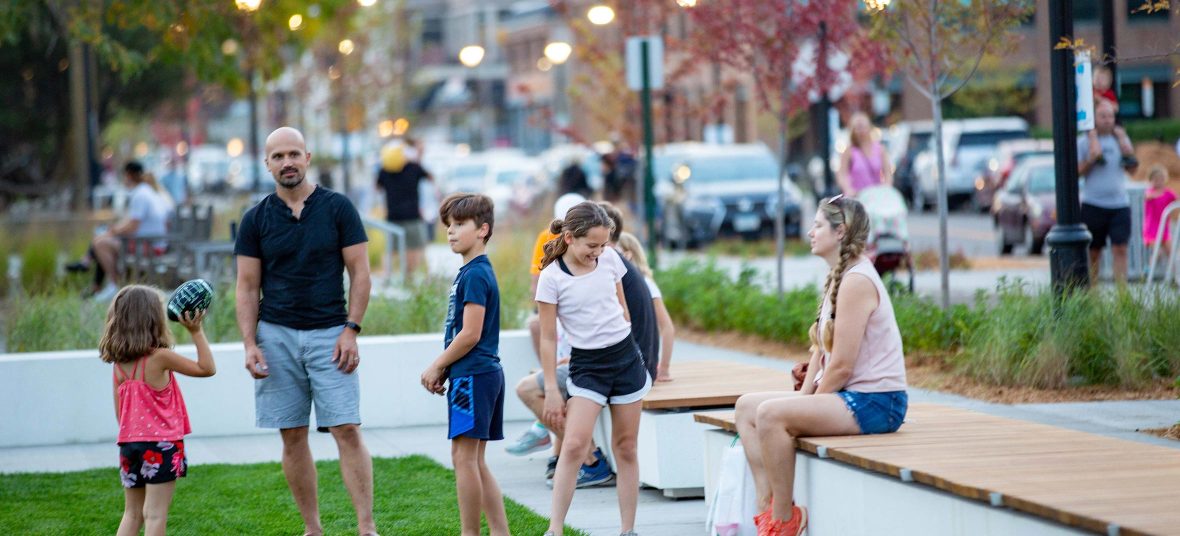
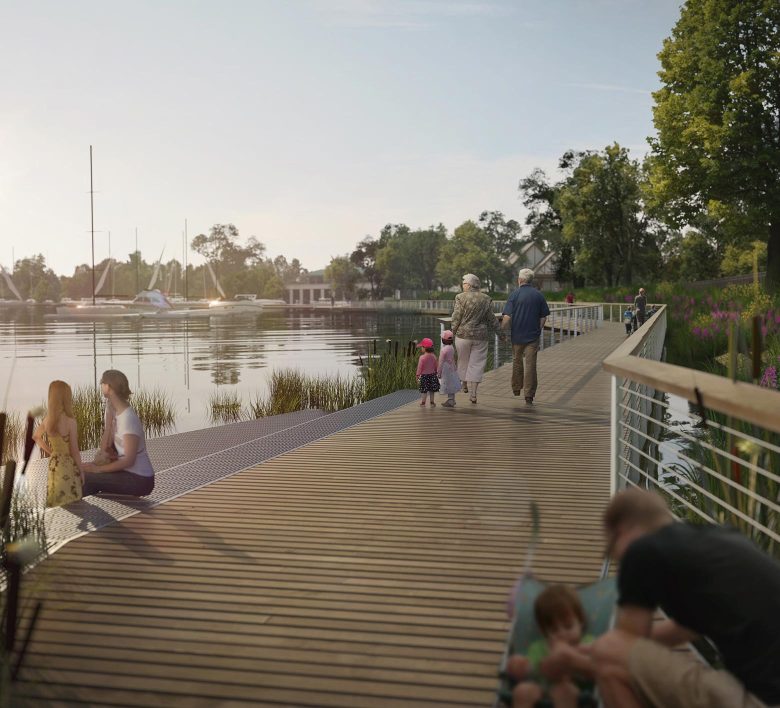
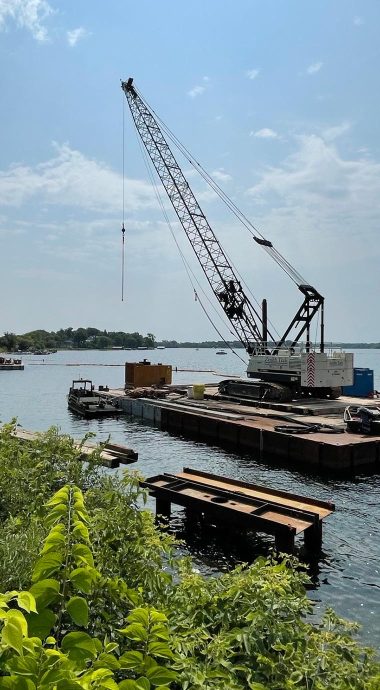
Phase Two – Connecting the Waterfront
Phase two, under construction and scheduled to be complete in 2024, strengthens the direct connections to the lake even further with a 1,000-foot lakewalk, renovated community docks and shoreline restoration projects that reintroduce native plants, trees and pollinator habitats along another 2,000 feet of the lake shore.
-
1000Foot Lakewalk
-
2000Foot Shore
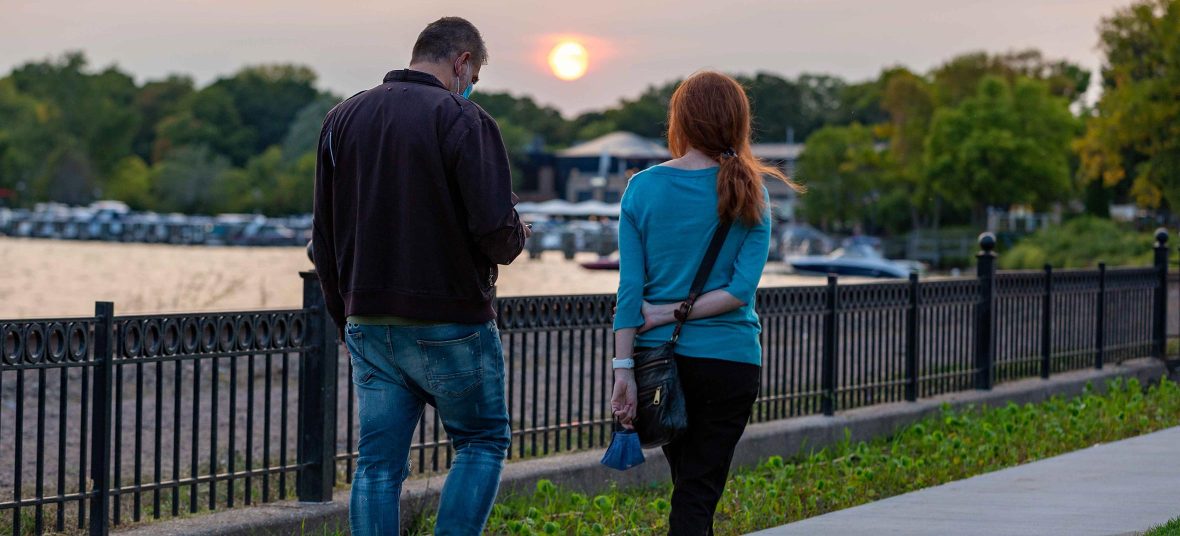
Embracing the Ice
The project’s location in Minnesota means it must also consider the annual cycle of freezing and melting. Lake Minnetonka is typically frozen from November through April each year with 12-18 inches of ice covering the lake. This can be damaging to the docks and boardwalk so the phase two designs incorporate dock bubblers, which aerate the water and cause warm water to rise, preventing ice from building up and damaging the docks. On the boardwalk, reinforced steel cone-shaped structural elements have also been added to the structural piers to break up the ice as it flows north during the spring thawing process. The goal has been to design a system that protects the piers and the shoreline but doesn’t destabilize the ice itself. Even in the frozen winter, Lake Minnetonka is an important and irreplaceable part of the Wayzata community and its businesses. Ice fishing is a popular sport, and each February the town also hosts the Wayzata Chilly Open – a unique and memorable golf tournament held on the frozen lake.
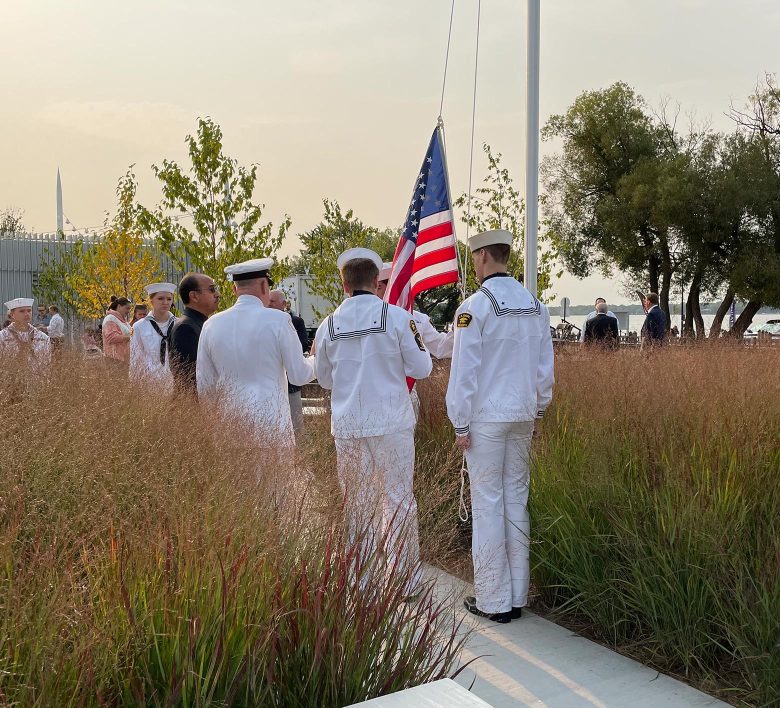
Honoring a Local Sacrifice
Another important component of the lakefront is a 9/11 Memorial, which opened to the public with a ceremony marking the 20th anniversary of the September 11th attacks. While the memorial hadn’t been part of the original Lake Effect Vision Plan, once the first phase of the Panoway was established, the City asked Civitas for help converting a section of the new plaza into a memorial that would honor Gordy Aamoth Jr., a Wayzata native who had lost his life in the attacks on the World Trade Center.
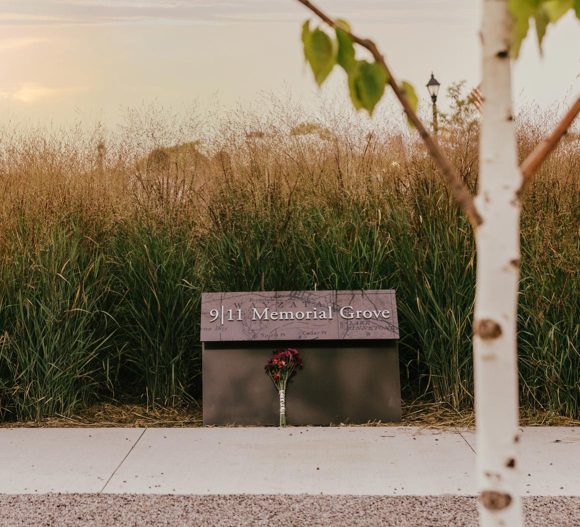
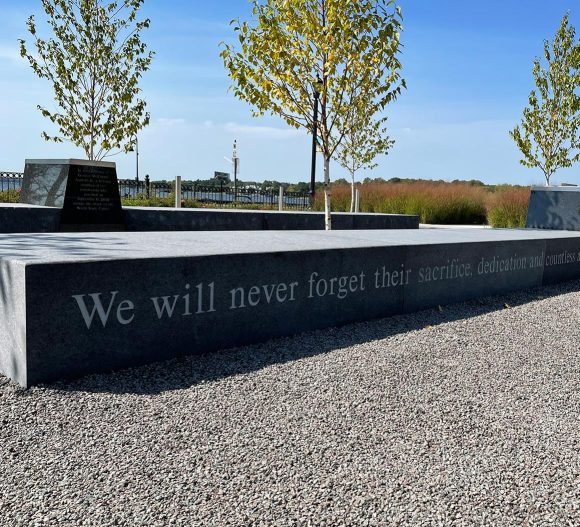
Numerous conversations with community, city and Aamoth family stakeholders led to the creation of a space that is defined by nine paper birch trees and two large granite plinths that represent both the number eleven and the iconic silhouette of the twin towers. Both plinths serve as benches that enable visitors to sit and reflect inwardly, or to look out over the lake, honoring Gordy Aamoth Jr. as well as the many lives impacted by 9/11 and giving people space to reflect in their own personal way.
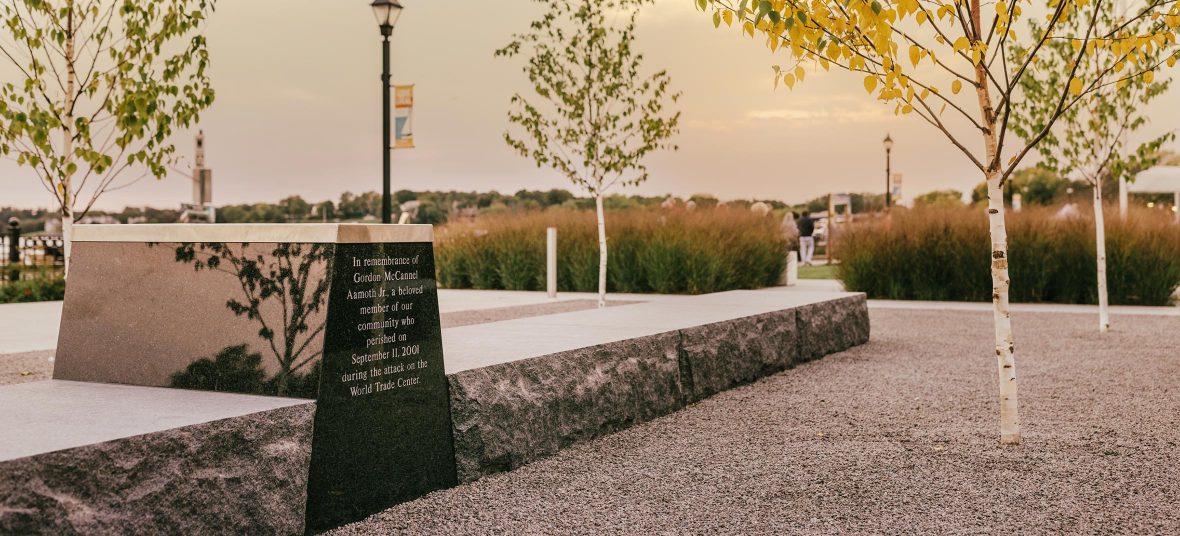
Looking Foward
As the Wayzata Conservancy continues to raise private funds for the Panoway project, the master plan includes a third and final phase that will complete the waterfront development with a learning center, an eco park for STEM-based learning, and a depot park that utilizes the historic Wayzata Depot to introduce new lawns, gardens, terraces, seating areas, and a restroom facility.
